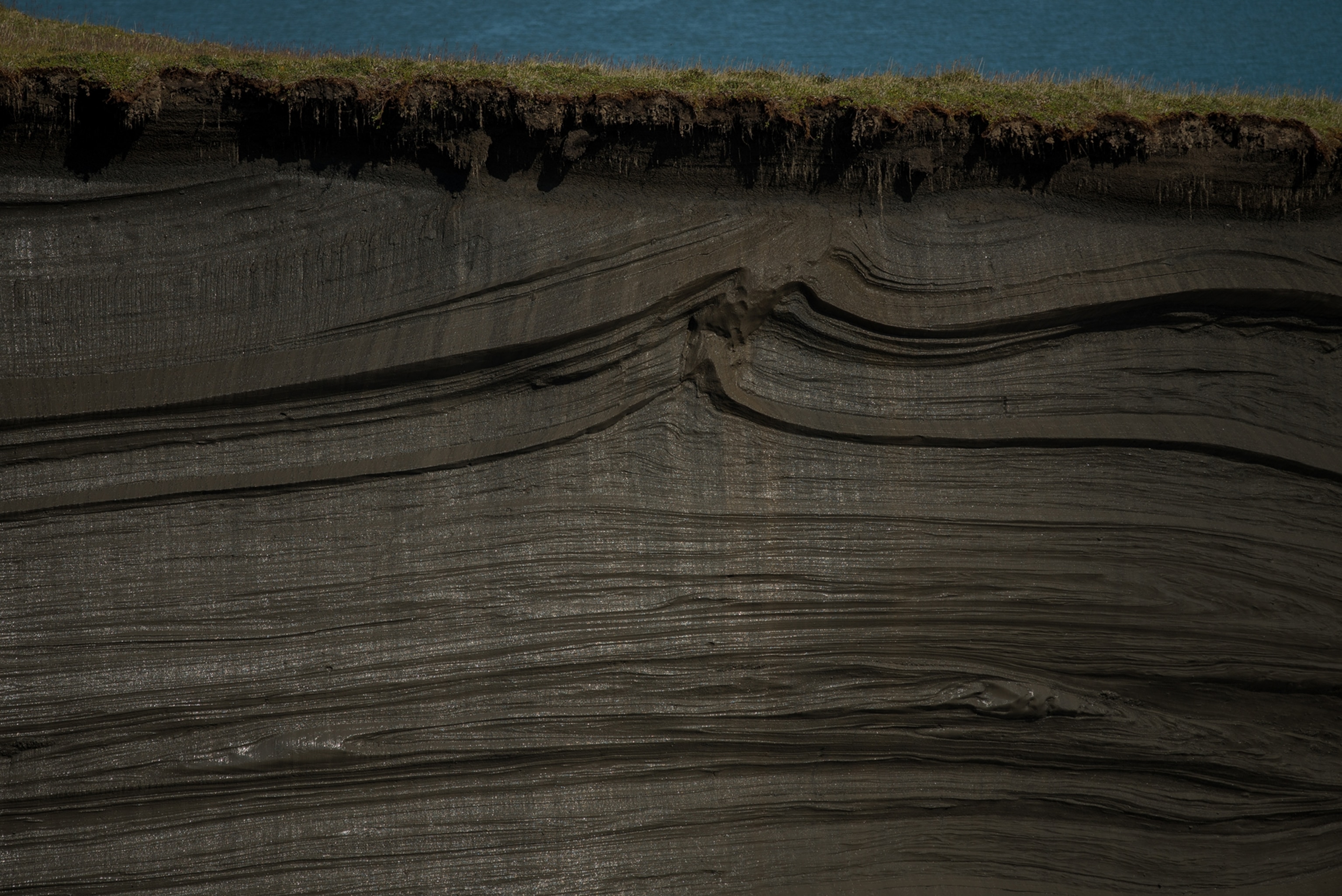
A warming Arctic could cost the world trillions of dollars
New science warns that melting ice and permafrost could set off feedback loops that make climate change worse.
Scientists have long warned that climate change is likely to bring expensive impacts, from rising seas to stronger storms. And a new study comes with a hefty price tag.
A warming Arctic is shifting from white to dark as sea ice melts and land-covered snow retreats, and that means it can absorb even more of the sun’s heat. Plus, the Arctic’s vast permafrost area is thawing, releasing more heat-trapping carbon and methane. These climate-change-driven feedbacks in the Arctic are accelerating warming even faster and may add nearly $70 trillion to the overall costs of climate change—even if the world meets the Paris Agreement climate targets, a new study says.
However, if efforts can be made to keep climate change limited to 2.7 degrees Fahrenheit (1.5C), the extra cost of Arctic warming drops to $25 trillion, new research published in Nature Communications reports. A trillion is a thousand billion. For comparison, the global GDP in 2016 was around $76 trillion.
“Massive changes are underway in the Arctic. Permafrost and loss of sea ice and snow are two known tipping elements in the climate system,” said lead author Dmitry Yumashev of the Pentland Centre for Sustainability in Business, Lancaster University in the United Kingdom.
“We wanted to know what Arctic warming could do to the rest of the world,” said Yumashev.
Climate “tipping elements” are also known as tipping points or feedbacks, where a change in a natural system triggers further warming. Last year, a study documented ten tipping points and noted that these can act like a row of dominoes, one pushing another system over. Once started, these tipping points are nearly impossible to stop and risk what researchers called a “Hothouse Earth” state—in which the global average temperature is 4 to 5 degrees Celsius higher, with regions like the Arctic averaging 10 degrees C higher than today.
The Arctic is warming at least twice as fast as the global average. Sea ice has been in decline since the 1990s, exposing a million square miles of ocean. As more solar energy is absorbed it creates what’s called the surface albedo feedback.
Thawing permafrost
Permafrost feedback involves the frozen soils of the permafrost zone that cover nearly a quarter of the land area of the northern hemisphere. These soils, which contain enormous stores of carbon and methane, have been thawing since the 1980s. As Arctic temperatures climb, thawing permafrost releases those warming gases.
The Yumashev study uses the most updated estimates of these feedbacks, which have yet to be included in climate models or carbon budgets. It turns out that permafrost and loss of albedo will cause significant extra warming globally, even if the world meets the 1.5°C and 2°C Paris Agreement targets, the research suggests. This extra warming could result in additional temperature-driven impacts on the economy, ecosystems, and human health, and additional impacts from sea-level rise.
While there may be some economic gains from a warming Arctic—shorter shipping routes and mineral resource extraction—those gains are a small fraction of the additional economic losses. The bulk of these losses are more likely to be incurred in warmer, poorer regions such as India and Africa, the study found.
The $25 to $70 trillion cost of Arctic warming adds four to six percent to the total cost of climate change—which is estimated to reach $1,390 trillion by the year 2300 if emissions cuts are not better than the Paris Agreement. However, the costs of the current business-as-usual path could be more than $2,000 trillion.
Additional feedback loops?
Permafrost and loss of albedo are the only two feedbacks with cost estimates at this point. There are others, including emissions from undersea permafrost and methane hydrates and other unknowns, said co-author Kevin Schaefer of the National Snow and Ice Data Centre in Boulder, Colorado.

Just last week, a new study revealed that thawing permafrost in Alaska appeared to be releasing 12 times more nitrous oxide than previously estimated. Nitrous oxide is another global warming gas but is nearly 300 times more potent at trapping heat than carbon dioxide. It also dissolves ozone in the upper atmosphere. However, the extent and total volumes being released across the permafrost region is unknown.
“With climate change we’re conducting a high-risk experiment where we don’t know what is coming,” Schaefer said. “The most important thing to remember about our study is the greater the warming, the stronger the feedbacks and the higher the costs to society.”
We already experience the impacts and the costs of climate change, he said. Shifting to a low-carbon economy is the biggest business opportunity of the 21st century.
“The countries that shift first will be the winners. As an American I’d love to see it happen here first,” he said.